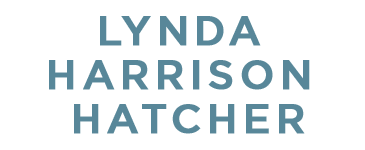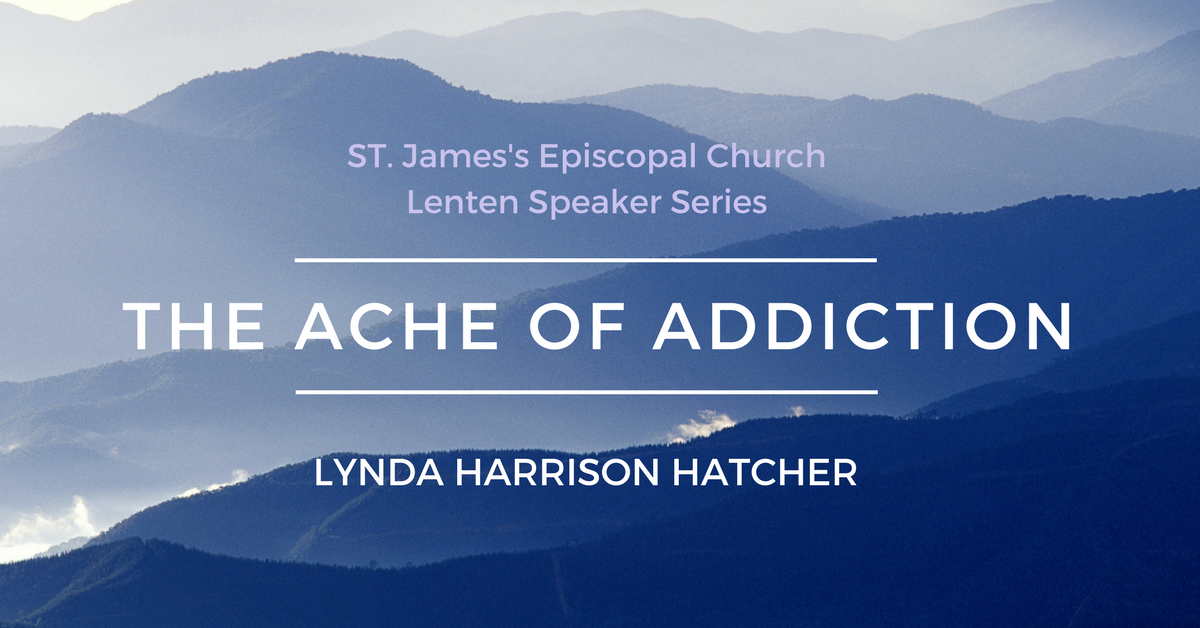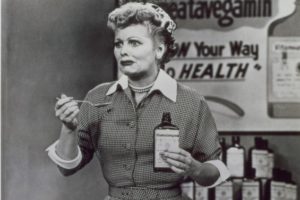Back to Glennon Doyle

Back to Glennon Doyle and her bestseller, Love Warrior.
www.motheringaddiction.com – Oct 9, 2017
Can you tell I’m a fan? If I picked a scab in Mothering Addiction, Glennon evacuated an obstructed bowel in Love Warrior. No kidding. And good for her.
Glennon gets tangled up when asked repeatedly by “her village,” a simple question about the dissolution of her marriage: “What happened?”
She portrays her individual experiences with labels and descriptions so accurate to my own experience that Glennon and I are either soulmates, were separated at birth, or she has tapped into truth so profound it is universal. And she nails it.
See if you recognize any of your own “concerned” village people in these portraits. The descriptors helped me make sense of so many feelings. Bottom line, many village people mean well but have not walked in my shoes. This goes far beyond the scope of addiction or suicide. This can apply to any small, seemingly inconsequential challenge that’s presented to any one of us in our own lives.
The Shover. The Shover drivels a few canned cliches like “everything happens for a reason” or “God has a plan for you” or even “it’s darkest before the dawn.” “She uses these tired platitudes like a broom to sweep my shattered life into a tidy little pile she can sidestep.” “She wants to shove me towards the door of hope” and get to some sort of resolution, so she can make her escape.
The Comparer. The Comparer’s strategy is to hijack the moment, to respond with her own story, or to tell the unique story of some other friend. My story is lost because “only super-special people deserve to grieve and my story is just not that special.”
The Fixer. The Fixer has all the answers and written formulas in her little toolbox, and I just haven’t followed them. “There are definitive ways in and out of this mess, because to consider it random means that her life is also vulnerable to disaster.”
The Reporter. The Reporter is “collecting data” for her storyline, and she’s suspiciously eager to pose her next investigative question. “She asks inappropriate, probing questions and her eyes glisten as she waits for the answers.” I was under the impression that my story belongs to me and now it feels like I’m being robbed.
The Victim. The Victim did not hear my news from me. She heard it second or third hand, and she is devastated by my betrayal. This egregious error could be a deal breaker for our relationship.
The God-Reps. These divinely appointed village people declare that only two parties know what is best for me. God and The God-Reps.
Glennon learns to stop asking for advice, to stop over-explaining, to stop tripping all over herself with rehearsed answers, because her situation isn’t really about right and wrong. It’s “incredibly personal and often makes no sense to anyone else.” When she no longer offers her story up to others as a sacrificial lamb, she holds tight to her final word.
We can all fall into these categories at any given time. We can learn to avoid them by engaging in true, difficult, human relationship and dialogue where eyes meet, meanings are exchanged, and true empathy is felt and given.


 What comes to mind when you hear the word “toxic?”
What comes to mind when you hear the word “toxic?”